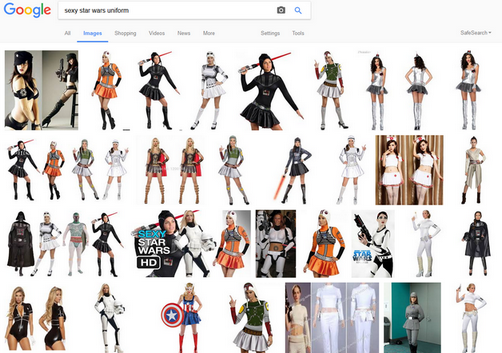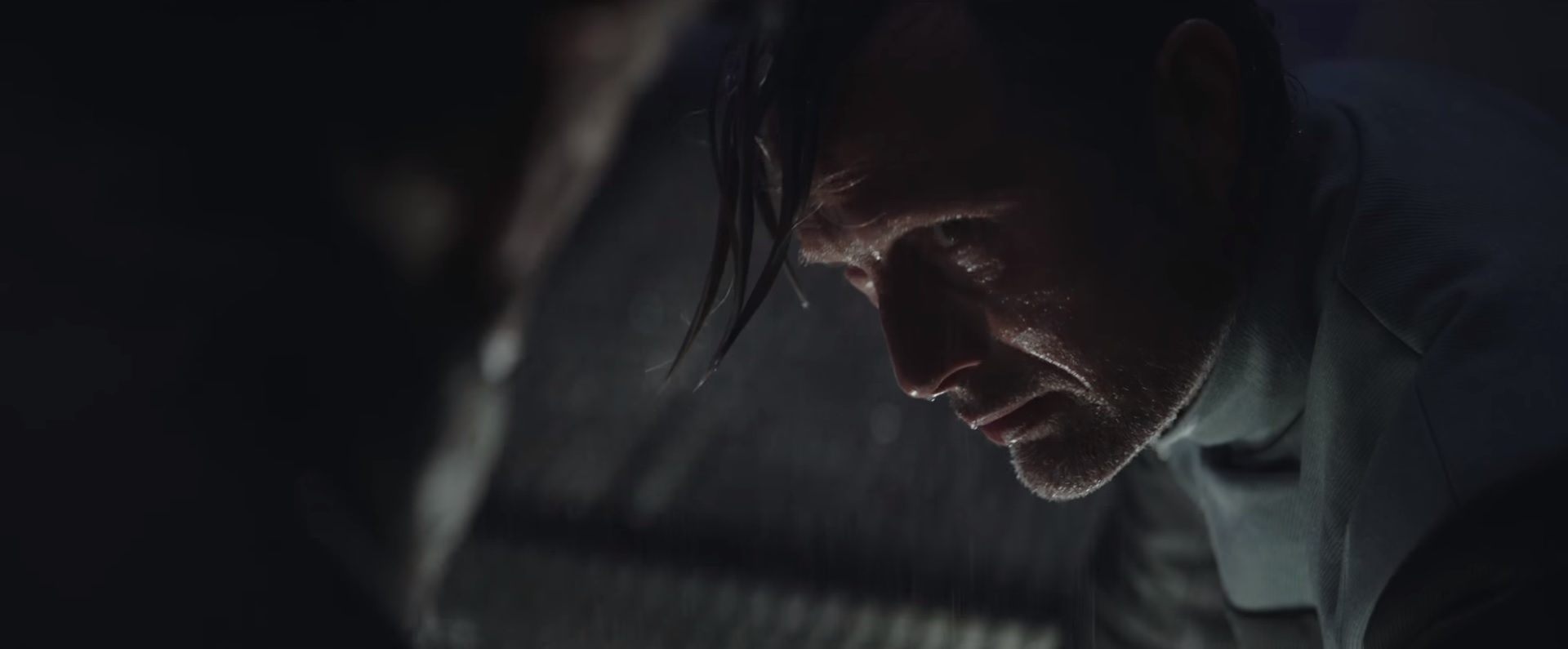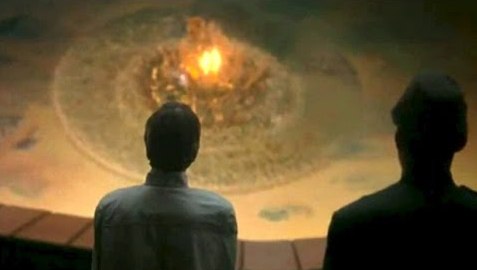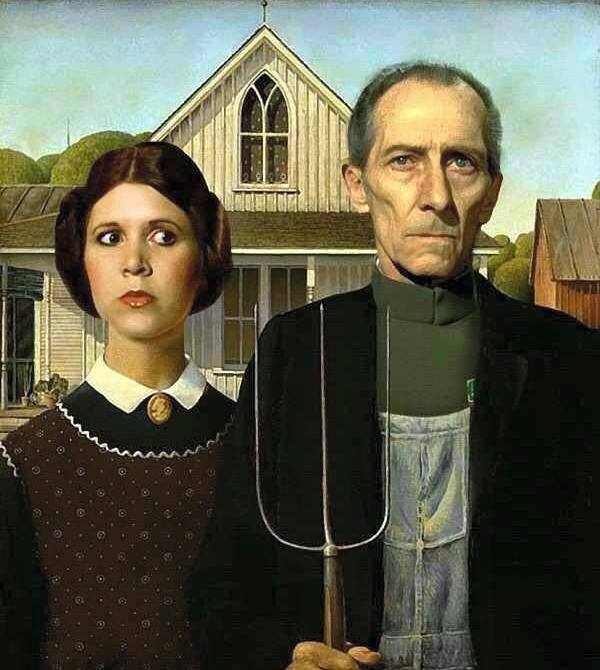Sex in the Time of Empire
 I was a guest on Daniel & Shana’s Oi! Spaceman podcast again, this time talking about ‘Rose’ and ‘The End of the World’. But now, back to the ongoing saga…
I was a guest on Daniel & Shana’s Oi! Spaceman podcast again, this time talking about ‘Rose’ and ‘The End of the World’. But now, back to the ongoing saga…
The last time I wrote about Star Wars, I said that it sees the galactic politics and history it depicts as being essentially powered by neurosis, specifically male neurosis. Rogue One very explicitly adheres to this pattern – though, laudably, it represents a counter-strain in opposition.
In Rogue One, the Death Star openly represents the immense strength and immense vulnerability of any imperial system, the simultaneously terrifying and ridiculous urges and principles which animate such systems. At a different-yet-connected level, it represents the same mixture of dangerous power and ridiculous vulnerability within one of the techno-bureaucrats who run that system. It sees the causal throughline as very clearly running from inside the heads of at least two men, out into the universe.
I have mixed feelings about this. The thesis that politics comes from emotions and psychology, though I believe it is ultimately wrong, doesn’t necessarily have to collapse into a reactionary ‘fix yourself first’ ideology. Psychology clearly plays a role in politics, and in resistance and struggle. The subjective factor is important. We are generally supposed to think that the ‘mass psychology of crowds’ is negative and scary, but crowds can also be expressions of unifying principles rather than just the loss of individuality, and collective struggles create dialectics of learning and cooperation that expand people’s political horizons. This is why it is generally a mistake to too ruthlessly criticise mass political movements that, while broadly on the right side, also have imperfect or even pernicious elements. A lot of people who demonstrate against Trump will have ideas that are retrograde, unpleasant, unhelpful, conventional, short-sighted… but they’re still better than anyone else because they’re there, on the street. And the collective process of protest creates a space – found nowhere else within capitalism – in which people can encounter strange new people, and strange new ideas, face to face as it were, in struggle, in unity but not in conformity, where they can learn and grow and expand, can improve their political consciousness. The social effect of mutual support and solidarity in struggle is a vital part of any radical movement. This is undoubtedly psychological. Indeed, it is only the vulgar reduction of psychology, society, etc into discrete and separate things (itself an aspect of bourgeois ideology) which sees the psychological aspect as being apart from the other dynamics of political struggle. Anything that impedes this dialectic is to be shunned, including criticism that stops being constructive and becomes sectarian doctrinaire nitpicking, whether it comes from identity politics or from class politics. (Again, the apparent schism is a false dichotomy.)
On the other hand, the way Rogue One – and Star Wars generally – depicts cosmic levels of political tyranny and turmoil as emanating directly from inside addled and repressed and anxious male brains can be, as it were, reclaimed. …

 Spoilers
Spoilers Yes, yet more
Yes, yet more  W
W